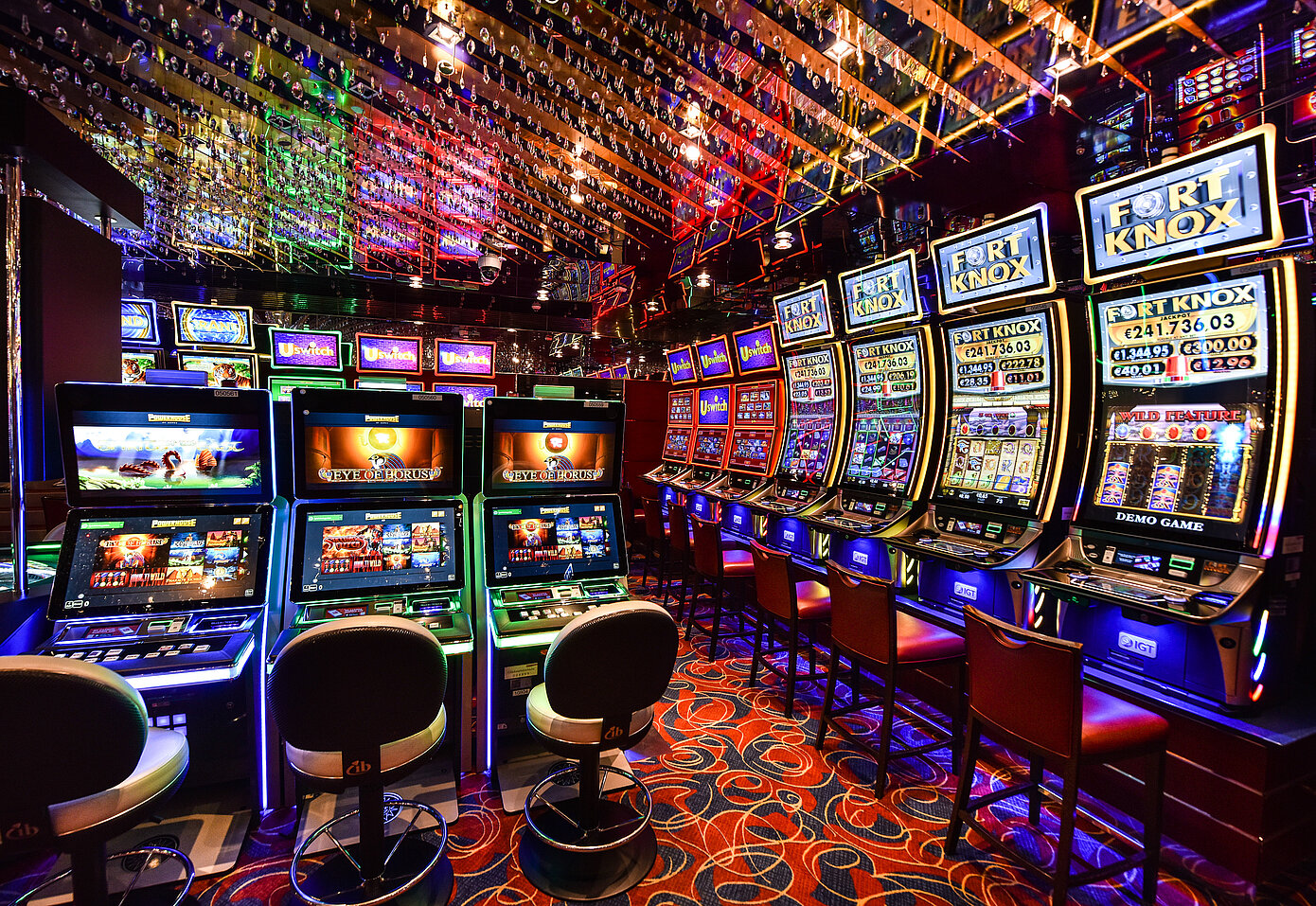
A realm of entertainment has seen numerous transformations over various years, but not many have captured our imagination and thrill of players quite like casino games. Originating in the bustling halls of Las Vegas and Atlantic City, these games have spilled over boundaries and cultures, becoming a worldwide phenomenon. Whether in the bright lights of a mega-resort to the comfort of virtual platforms, the allure of casino games is irrefutable, luring millions into a realm of luck and strategy.
As an increasing number of nations embrace gambling in various forms, the influence of U.S. gambling is clear. They have not only shaped local gaming industries but have also sparked countless adaptations and innovations worldwide. Classic games such as the poker and the blackjack, along with new variations, have created a shared language of entertainment that connects across diverse populations. The mix of risk, reward, and social engagement found in these games fosters a unique sense of belonging, further cementing their place in the international entertainment landscape.
Cultural Summary of U.S. Casino Activities
American casino games have a rich and colorful past that mirrors the societal development of the U.S.. The origins of these games can be traced back to various European gaming practices introduced over by colonists. Games like poker, blackjack, and the roulette game worked their way into the fabric of American culture in the 19th century, achieving fame in saloons and riverboats. These venues offered the ideal backdrop for community engagement and competition, establishing a strong foundation for casino gaming as we recognize it today.
As the country moved westward, gaming developed alongside it. The Gold Rush era in the mid-1800s witnessed the rise of gaming communities such as Deadwood, South Dakota and Tombstone, where gambling activities were played with big bets, frequently punctuated by an air of disorder. This period set the stage for the establishment of casino gambling in the early 20th century, notably with the establishment of Las Vegas, Nevada as a gaming hotspot. BL555 The building of opulent casinos transformed the gambling environment, creating an environment where games could flourish and draw visitors from across the globe.
In the past few decades, the legalization of casino gaming in multiple states has additionally expanded the range of activities available. American casinos now feature a combination of traditional games and new options that cater to modern players. This growth has allowed for a unique blend of old and newfangled, enabling the ongoing evolution of casino culture in the U.S.. The global impact of these activities has also contributed to their inclusion into international gaming markets, demonstrating the lasting impact of American casino gambling activities across the world.
Global Acceptance and Impact
The rise of U.S. casino games has marked a significant shift in the global gambling landscape. With their appeal crossing borders, these games have enthralled players around the world. From Texas Hold’em tournaments to fruit machines, American styles have established a home in many global casinos. This transference of culture emphasizes how versatile and engaging these games are, tailoring to local preferences while preserving their classic U.S. charm.
Additionally, the impact of these games goes beyond conventional gambling venues. Digital platforms have played a crucial role in promoting American casino games, making them available to gamers globally. The convenience of online gambling has brought millions to opportunities that were once limited to brick-and-mortar casinos. Players can now play their favorite titles from anywhere, sparking a new wave of enthusiasm and growing the gamer base considerably.
This widespread acceptance is also reflected in the incorporation of U.S. gambling titles into local cultures. Countries that have adopted these titles often organize their own adaptations and tournaments, blending local customs with American gambling traditions. This fusion not only enhances the gaming experience for players, but it also highlights the powerful influence that American gambling games have on both entertainment and social engagement across different societies.
Social Adjustments and Innovations
Casino games have undergone notable evolutions as they expanded across various cultures. Every area has taken in features of U.S. gambling while infusing its own traditions and practices. For example, the rise of digital casino platforms has enabled for the inclusion of local flavor into classic titles like poker and 21. Players now enjoy variations that include regional betting styles and distinct rules, making the games more relatable and inclusive for varied audiences.
In many countries, the appeal of casino games has led to the creation of localized editions that showcase cultural themes and stories. This adaptability has opened doors for innovative game development that connects with players on a personal basis. Slot machines, for instance, now showcase visuals and audio that honor local traditions, legends, and popular culture, which in consequently improves the gaming adventure and promotes a feeling of community among players.
Furthermore, the global influence of U.S. casino games has led to new game styles and hybrid formats. Some establishments have merged traditional betting with amusement aspects, such as live shows or engaging tech, resulting in a more engaging experience. These developments not only draw a wider crowd but also guarantee that the essence of gambling continues to evolve, bridging gaps between different communities while preserving the excitement that gambling games are known for.